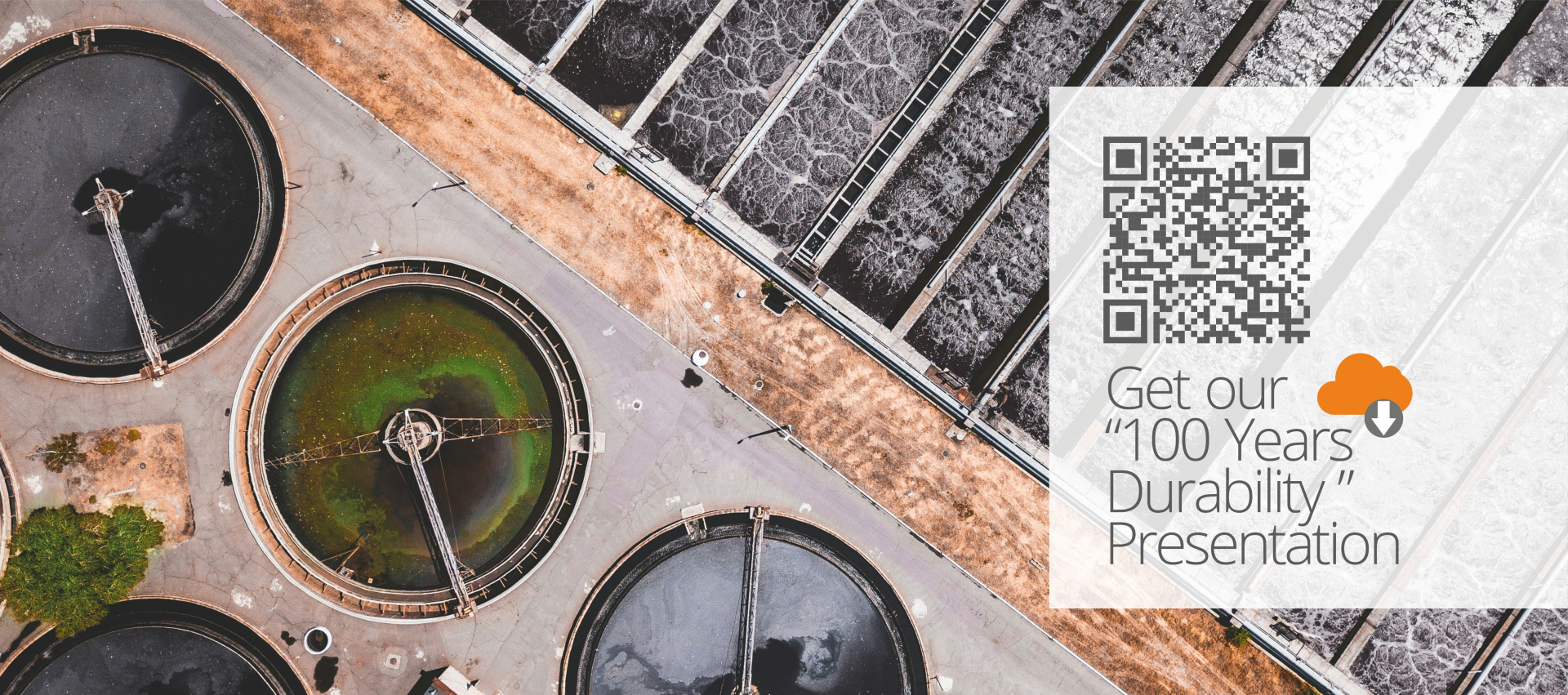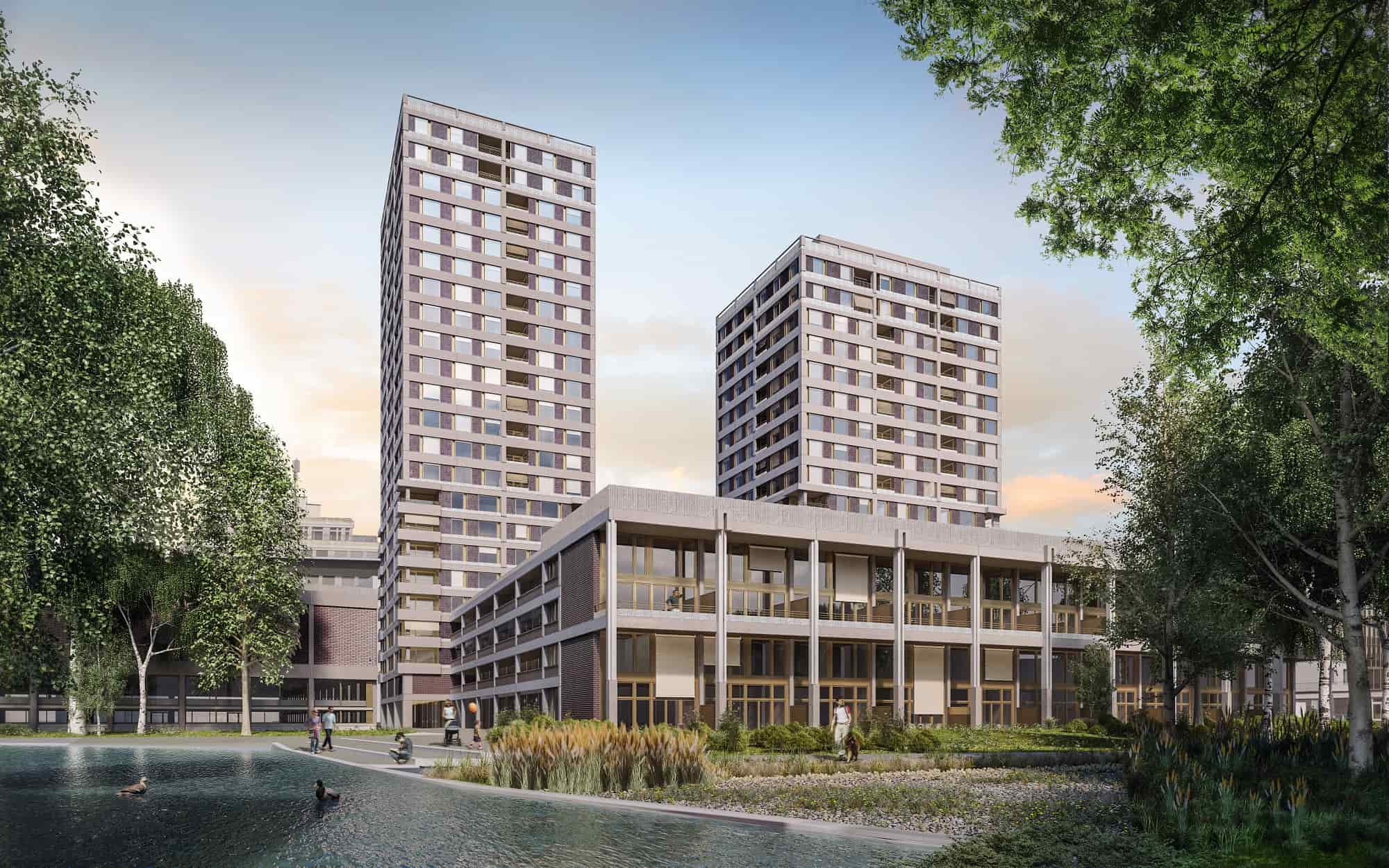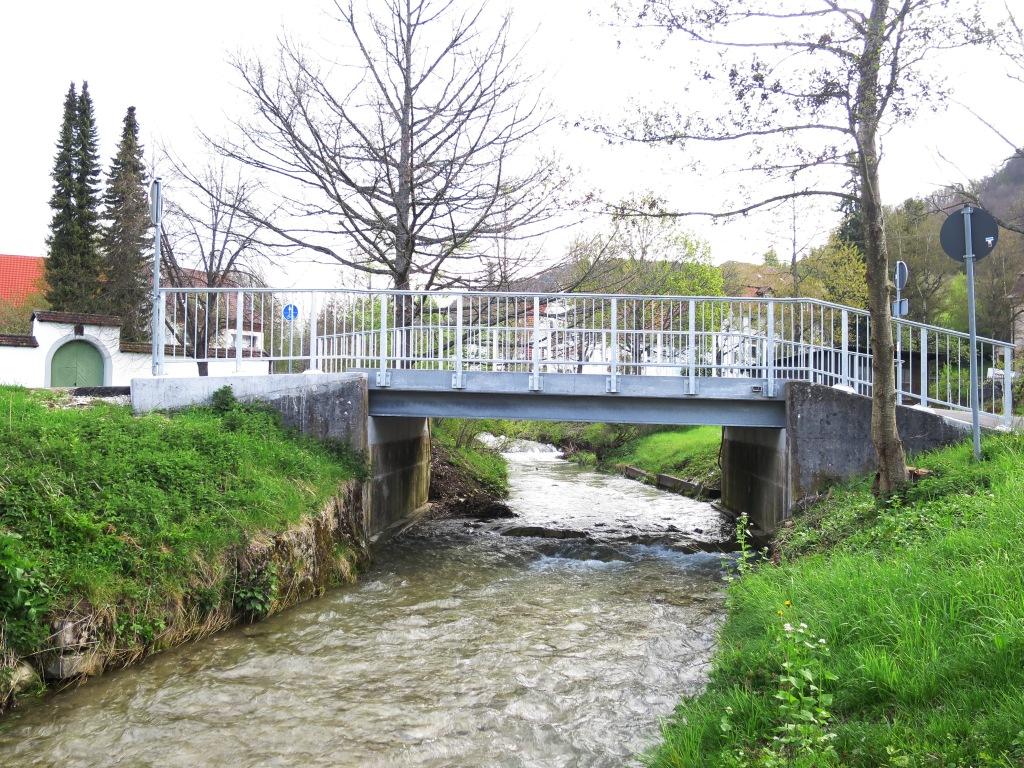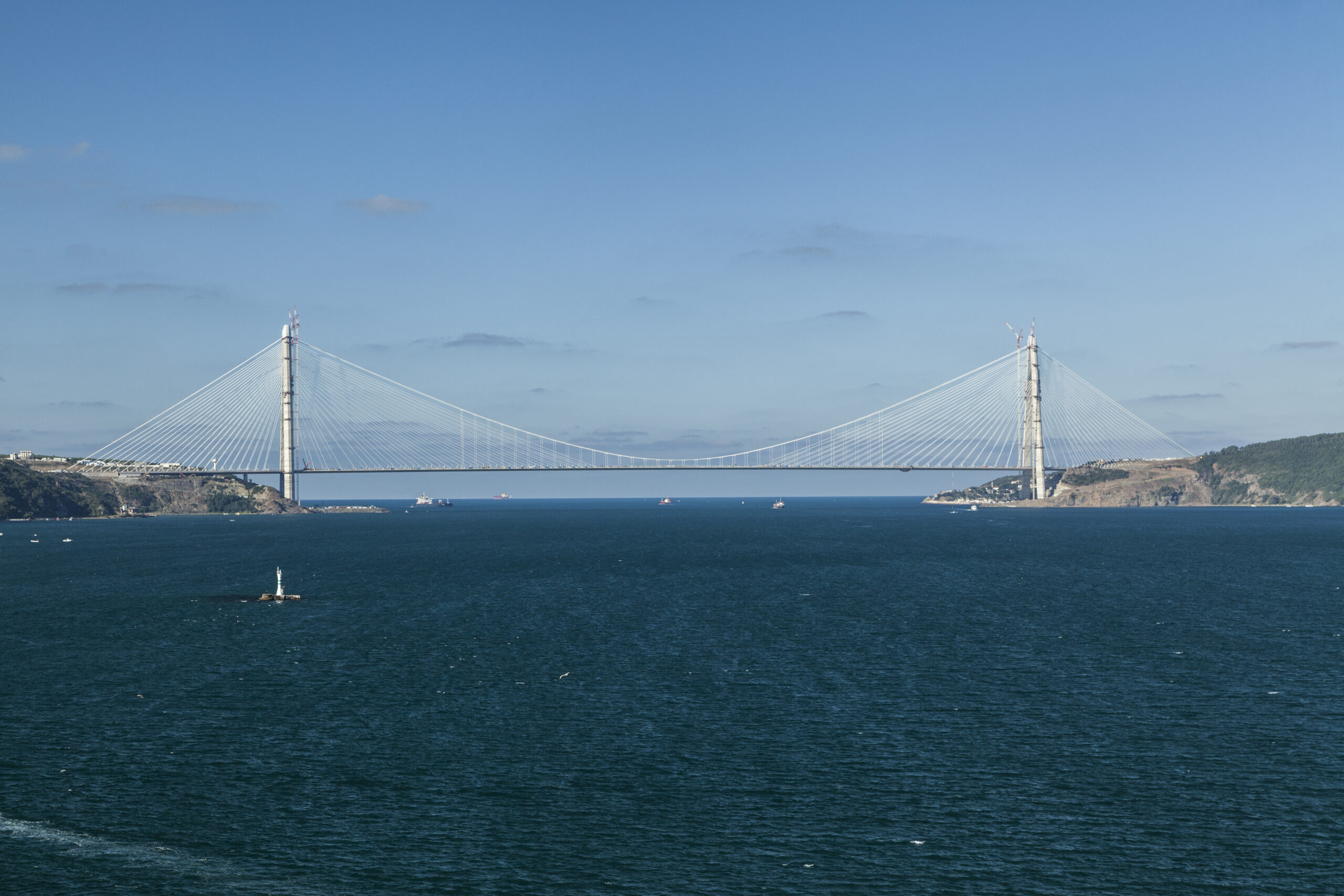

ANTISEISMIC Connector L-shape
solidian ANTISEISMIC Connector LCO で固定されたシステムは、延性と耐荷重性を高め、表面またはシステム全体に負荷を均等に分散します。L 字型コネクタは、モルタルまたは樹脂とのアクティブな接続を作成する特殊な充填材で作られています。solidian ANTISEISMIC Connector LCO は、リクエストに応じてカスタム寸法で製造できます。
AR ガラスで作られた当社の solidian ANTISEISMIC Connector LCO は、EAD 340392-00-0104 (ETA 23/0383) に従って認定されています。
Product Features
- CE マーク
- 優れた機械的特性
- 非腐食性
- 自社開発の技術とテクノロジー
- 自社調整とテスト
- 壁補強の固定用に特別に開発
- システム全体に負荷を均等に分散
- 接着性を向上させる特殊な充填剤を使用
reinforcements for the future generations
Reference project
Product Applications
この製品は、静的および動的荷重を受ける既存および新規の石造建築物やコンクリート構造物の補強材として、無機マトリックスおよび化学アンカーと組み合わせて使用することを目的としています。
CRM システムで以下と共に使用されます:
- 平面の主な補強材として機能する solidian ANTISEISMIC グリッド
- 壁の内側と外側のシステムを接続する solidian ANTISEISMIC コーナー
このシステムは、表面全体に均等に荷重を分散するのに役立ち、グリッド構造のモノリシック特性により耐性メカニズムを提供します。
- Performance Enhancement
- Handling and Logistics
- Compliance and Compatibility
- Application and Installation
- Durability and Resistance
- Sustainability and Environmental Impact
- Is solidian GRID suitable for replacing corroded steel reinforcement?
- How does solidian GRID contribute to system durability when used with mortars?
- Can solidian GRID conform to curved surfaces during installation?
- How does the weight of solidian GRID affect transportation and installation?
- Is there an Environmental Product Declaration available for solidian GRID and solidian REBAR?
- Has solidian GRID received official building approvals?
- With which types of binders is solidian GRID compatible?
- Is solidian GRID approved for use in standard concrete applications?
- What is the minimum thickness required for concrete layers using solidian GRID?
- Can solidian GRID be used to reinforce existing concrete structures?
- What is the expected lifespan of solidian GRID in wastewater applications?
- How does solidian GRID perform in acidic environments?
- How does solidian GRID contribute to sustainable construction?
- Resource efficiency: By minimizing the need for extra concrete cover, solidian GRID conserves materials such as cement and aggregates, contributing to resource efficiency.
- Environmental Product Declarations (EPDs): solidian provides transparent data on the environmental impact of their products through EPDs, facilitating informed decision-making for sustainable building projects.
Solidian Kelteks - Reduced CO₂ emissions: The use of solidian GRID in construction can lead to significant reductions in CO₂ emissions due to decreased material usage and enhanced durability, which extends the lifespan of structures and reduces the need for repairs.
frequently asked questions
Yes, in cases where steel reinforcement has corroded, solidian GRID can serve as a substitute for structural reinforcement. The existing corroded steel can remain in place and be covered with a new layer of carbon-reinforced mortar, restoring structural integrity.
When combined with high-quality mortars, solidian GRID significantly enhances the overall durability of the system, providing a robust solution for demanding environments.
Yes, solidian GRID strikes a balance between stiffness and flexibility, allowing it to be applied to curved surfaces with diameters greater than 800mm.
The lightweight nature of solidian GRID facilitates easy transportation, even through sewage tunnels, and simplifies the installation process, reducing labor and equipment requirements.
Yes, a certified Environmental Product Declaration (EPD) is available for both solidian GRID and solidian REBAR. The EPD provides transparent and verified information about the environmental impact of these products throughout their life cycle, supporting sustainability assessments in construction projects.
Yes, solidian GRID has obtained the General Building Approval (abZ) from the German Institute for Building Technology (DIBt). This approval authorizes its use as carbon reinforcement grids in construction, ensuring compliance with national building standards.
solidian GRID is versatile and works with a range of binders, including Portland Cement, Calcium Aluminate Cements, and Geopolymer Cements.
solidian GRID holds German Approval as reinforcement for EN 206 concretes, supporting its compatibility with various mortar systems, including those adhering to DIN 19573.
Concrete layers reinforced with solidian GRID can be as thin as 20mm, as no additional concrete cover is needed to protect the reinforcement from corrosion.
Yes, solidian GRID can be applied as an additional layer over existing steel-reinforced concrete. When combined with solidian ANTICRACK, it offers enhanced crack-limiting properties, providing extra protection to the underlying steel reinforcement.
Classified under XWW4, solidian GRID ensures long-term performance for over 50 years, making it a durable choice for long-term infrastructure projects.
solidian GRID is fully resistant to severe acidic conditions, including environments with pH levels as low as 0. It has successfully passed tests in accordance with DIN 19573 standards for pH 0 and pH 1.
solidian GRID enables the design of thinner concrete layers (greater than 20mm) without requiring additional concrete cover for reinforcement protection. This reduction in material usage leads to lower resource consumption and a diminished environmental footprint, supporting more sustainable construction practices.
Additional information:




